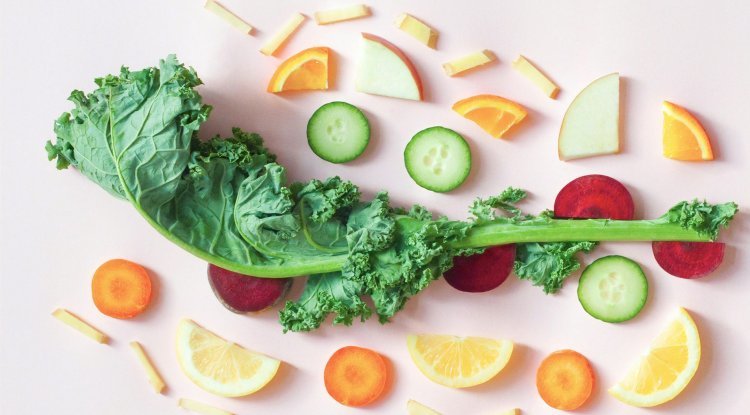IVF Treatment: Food And Diet Tips For Those Who Are Trying to Conceive Via IVF
IVF Treatment,Food And Diet Tips,Trying to Conceive Via IVF,Affect fertility,Recommendations,IVF treatment,Addiction,Alcohol,

addiction. Therefore, it is better to boil the eggs during the transformation process.
Alcohol: Studies have shown that drinking too much alcohol can affect fertility.
Smoking: Smoking is not only harmful to your lungs, it can also affect your fertility. Therefore, you should consider quitting smoking just before receiving IVF.
You can also refuse refined sugar and cheese at this point. You should limit the amount of caffeine and refined sugar in your diet. Also, some types of cheese are best avoided from IVF, but not all cheeses.
Below is a list of recommendations during IVF treatment, moving on to what you eat during this time.
Foods Rich in Zinc: Zinc helps regulate hormone levels in the body. Cereals, nuts, dairy products, meat products, and potatoes are rich in zinc and should be included in your diet.
Foods containing folic acid. Folic acid contributes to the healthy development of your baby's brain and spinal cord. For this reason, folic acid is prescribed as a supplement during pregnancy. Include foods that contain folic acid, such as spinach, broccoli, asparagus, romaine lettuce, sprouts, beans, and peas.
Foods Rich in Iron: Pumpkin seeds, oysters, and spinach are good sources of iron. Iron deficiency can cause anemia that makes babies too early or too young.
Protein-rich foods: According to experts, adding just 1 gram of protein a day before infertility treatment can lead to weight gain at birth. Red chicken, fish, tofu, beans, lentils, yogurt, milk, seeds, spinach, broccoli, and nuts are high in protein. You can also include well-cooked eggs in your diet to increase your protein intake.
Other foods that may be helpful during IVF treatment include green leafy vegetables, dates, bananas, and pineapples. It is important to eat well, but it is also important to drink plenty of water and drink water regularly.
-Delhi and Dr. NCR's expert in infertility and invitro fertilization Contributions by Kaberi Banerjee










